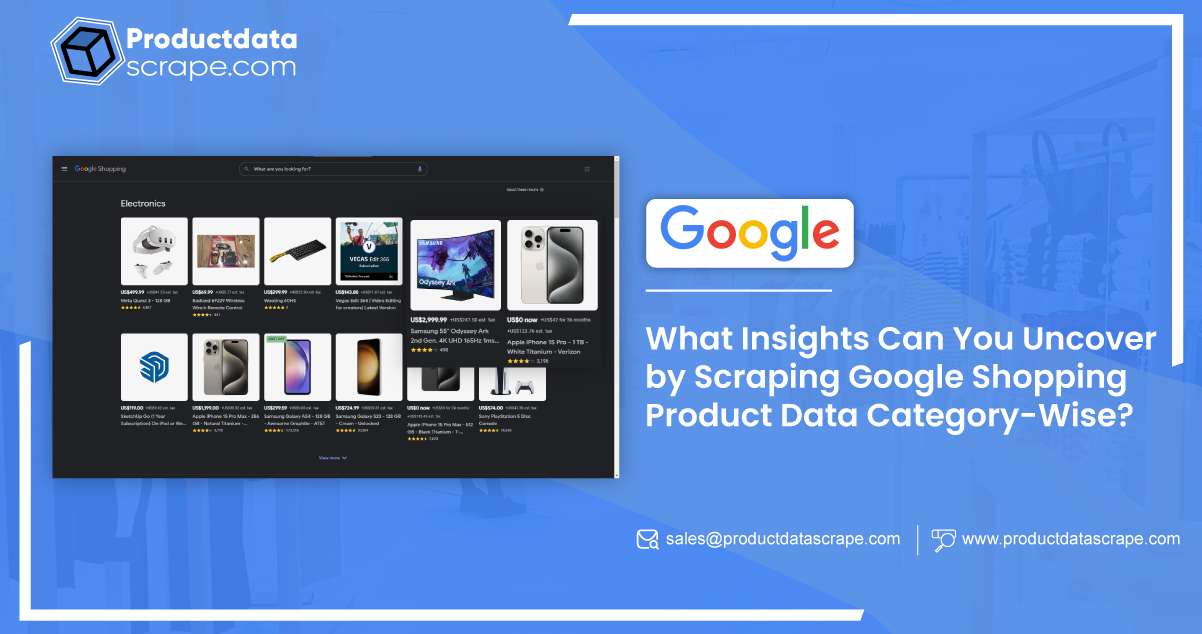
In the vast e-commerce landscape, Google Shopping is a central hub, aggregating various products from numerous retailers. For businesses, researchers, and analysts aiming to delve into consumer trends and market dynamics, the strategic pursuit of scraping category-wise product data from Google Shopping unfolds as a valuable endeavor. This article navigates the intricacies of Google Shopping data scraping, highlighting its significance and multifaceted applications. Targeting specific product categories allows stakeholders to extract profound insights beyond individual retail realms, offering a holistic understanding of consumer preferences and industry trends. As an invaluable tool, web scraping on Google Shopping enables organizations to refine strategies, optimize marketing approaches, and gain a competitive edge in the ever-evolving landscape of online commerce.
Ethical Consideration for Scraping Google Shopping Product Data
Ethical considerations are crucial in scraping Google Shopping product data to ensure responsible and fair practices. Firstly, it is imperative to comply with Google's terms of service, respecting the boundaries set by the platform. Violating these terms not only jeopardizes the integrity of the scraping process but may also lead to legal consequences. Additionally, practitioners should prioritize user privacy by refraining from collecting personally identifiable information without explicit consent. Use the scraped data responsibly, avoiding malicious intent, such as price manipulation or unfair competition. Transparency is critical; informing users about data collection activities and intentions promotes trust. Practitioners should also implement measures to minimize the impact on the target website's performance using Google shopping data scraping services, avoiding unnecessary server strain. Lastly, acknowledging intellectual property rights and refraining from unauthorized use of copyrighted material promotes fair competition and ethical data utilization. Adhering to these ethical considerations ensures the scraping of Google Shopping product data with integrity, transparency, and respect for users and the platform.
Conclusion: Scraping Google Shopping product data category-wise emerges as a powerful tool for businesses, researchers, and analysts seeking a competitive edge in the dynamic e-commerce landscape. You can unveil valuable insights into market trends, competitor strategies, and consumer behaviors by systematically extracting and analyzing data from specific product categories. However, it is crucial to approach data scraping ethically, respecting the terms of service set by Google and adhering to responsible practices. Ethical considerations include transparency, user privacy protection, and the avoidance of any malicious intent. When conducted responsibly, scraping Google Shopping product data becomes a catalyst for informed decision-making, strategic adaptation, and establishing a resilient and competitive presence in the ever-evolving realm of online retail.
At Product Data Scrape, ethical standards underpin all our operations, from Competitor Price Monitoring Services to Mobile Apps Data Scraping. Our global presence guarantees exceptional and transparent services for diverse client needs.


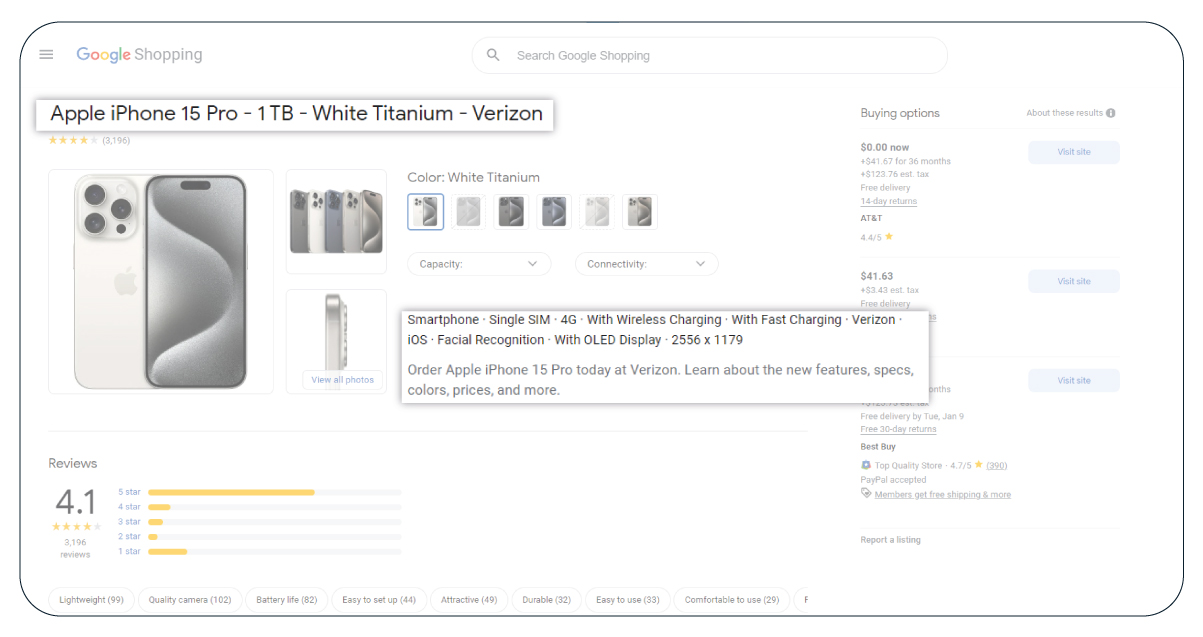
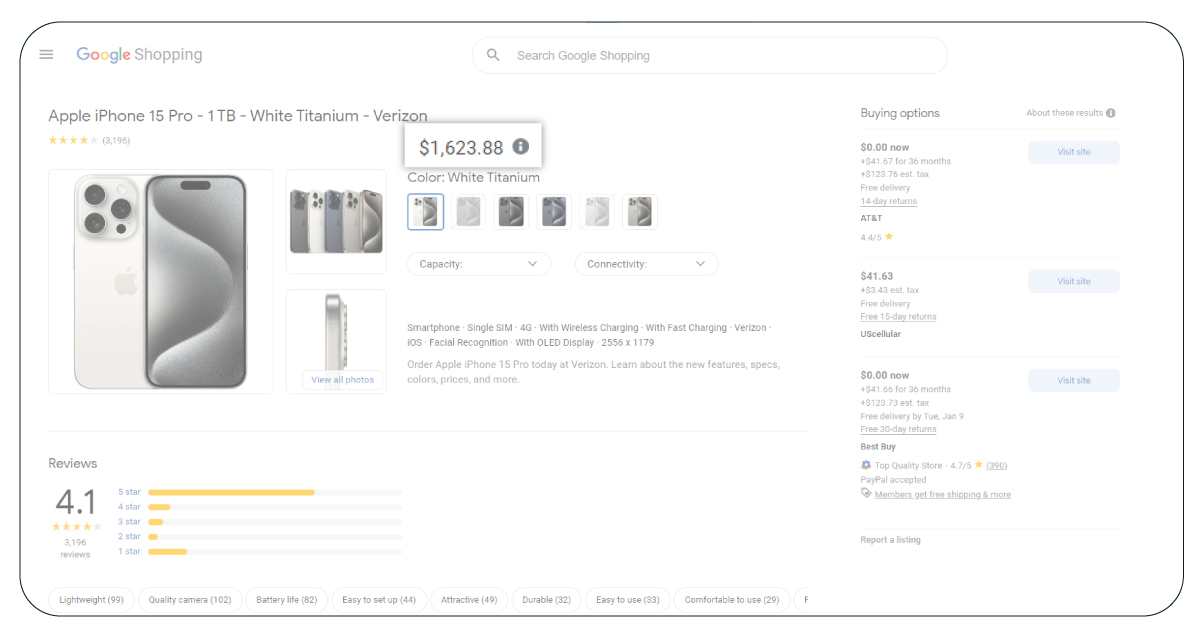
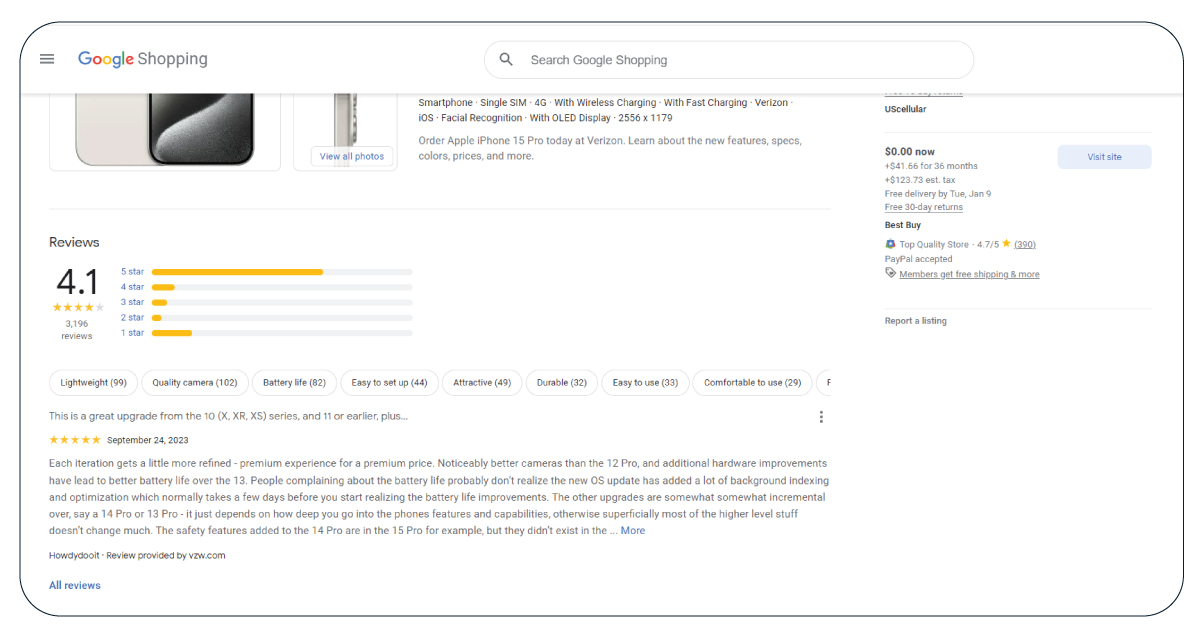

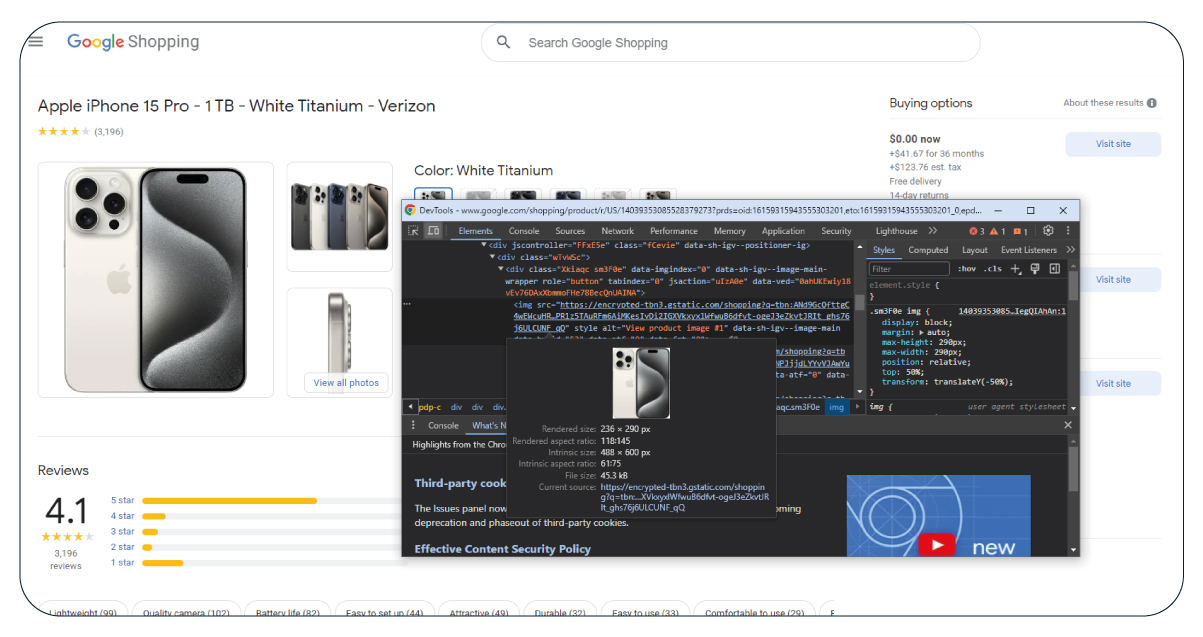
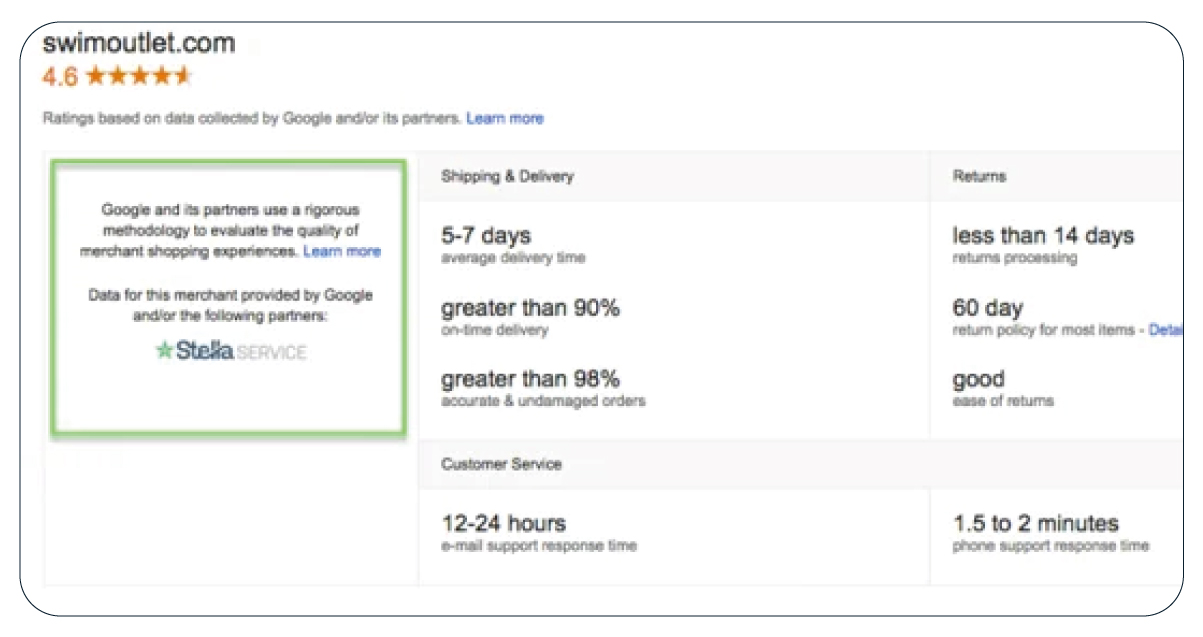
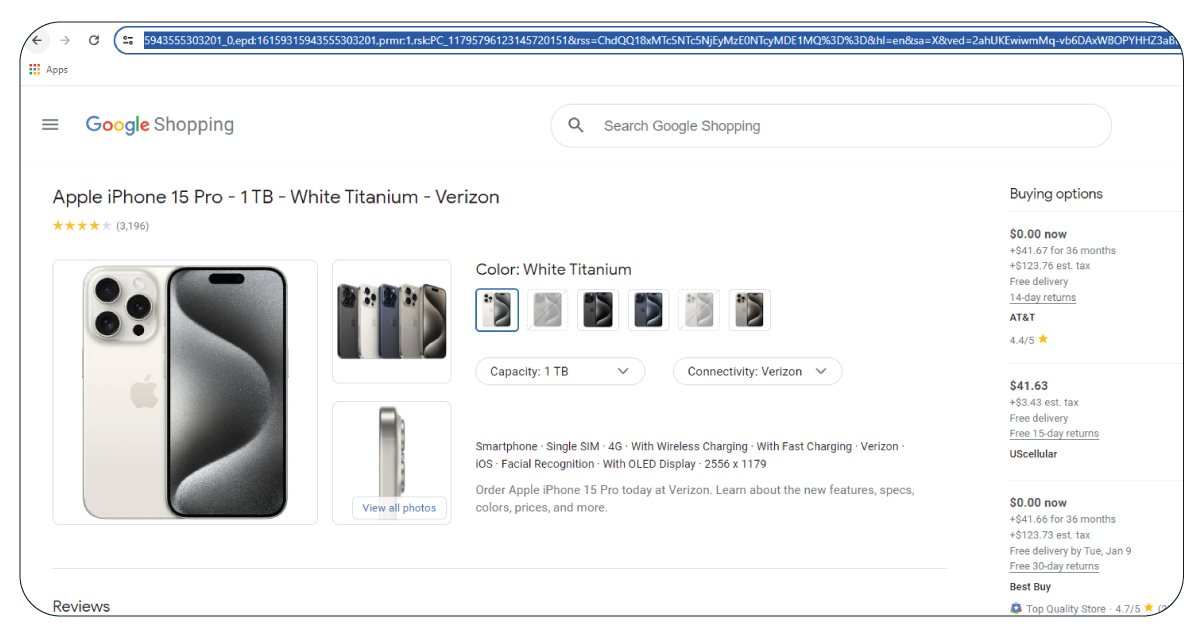






























.webp)






